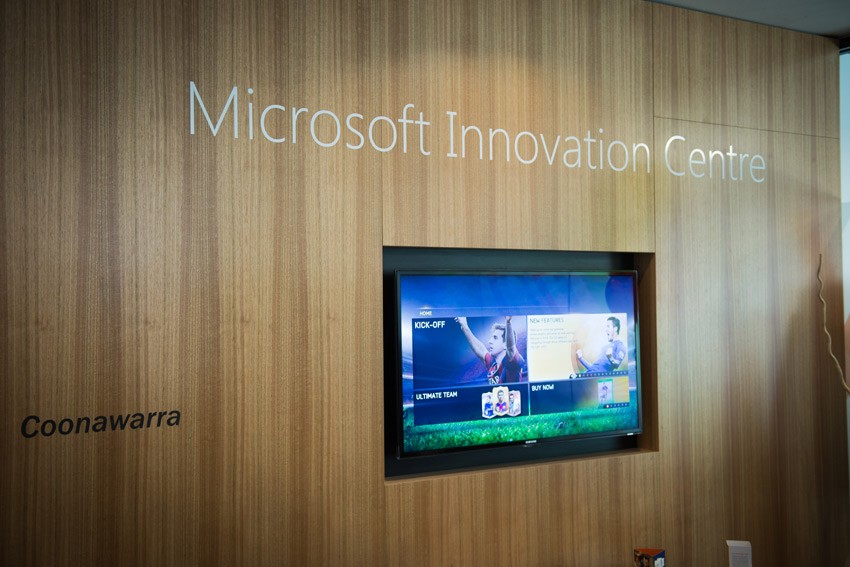Microsoft Innovation Centre

Tech giant Microsoft has chosen South Australia for its next foothold, launching a new Innovation Centre (MICSA) in Adelaide. It is the second such centre in Australia, twinned with a MIC in Brisbane.
“We look for cities that give us a unique opportunity in terms of access to talent, collaboration with academia and support from the government,” says Brian Kealey, MICSA State Director. “ “South Australia provides a joined-up ecosystem between industry, government and academia to make a real impact. There is a really strong focus on entrepreneurship and innovation in South Australia, and we look forward to further supporting emerging start-ups and entrepreneurs through our program.” The program is a varied selection of “a la carte” development tools – such as BizSpark, a membership-based service that gives entrepreneurs access to technological resources, funding and mentorship – aimed at improving the health of the entrepreneurial sector in SA. Already, MICSA has 850 businesses in their Microsoft “partnership ecosystem”, meaning they are able to connect more start-ups with bigger clients and thus sustain business growth while fostering innovation. Some of the star innovators include Makers Empire – a 3D-printing educational service – myEvidence – a new tool for the law enforcement sector, aimed at efficient collation and retention of evidence and case notes – and Seer Insights’ GrapeBrain. GrapeBrain a mapping tool for the viticulture industry, capable of predicting yields with unprecedented precision. Seer Insights’ success has already been recognised by their win of the Hills Young Innovator of the Year Award (AIIA iAwards), which will see them represent South Australia at the national finals. They also won Adelaide University’s inaugural Tech eChallenge, which will see them pitching their idea to Microsoft executives and investors in Washington State later this year. By fostering emerging talent, Microsoft is supporting a worldwide network of creative firms with their roots and relationships forged through the MICs. It’s not just an exercise in mutual backscratching or an attempt to undercut interest from competitors like Apple and Samsung – MICSA is working hard to have a visible, sustainable impact on the state. “We want to help create at least 80 jobs for the local economy through the start-up ecosystem, as well as engage with at least 250 people in the next 15 months through training and various MIC initiatives,” says Kealey. Nakul Gandotra, MICSA’s program manager, explains that having an idea and making a product is one thing – and having mentors and marketing experts on board to get that product to the right customers is another. Working out how to target your pitch to a particular industry, how to streamline decisions to benefit both customer and creator, how to “pivot” from original plans if a new direction is more beneficial are all skills that MICSA hopes to help start-ups learn. “That’s why we run business skills workshops every month with the help of local businesses,” says Gandotra. “PwC is a major partner for these workshops to help us identify some of these local businesses in South Australia. We also work with the local co-working spaces such as Majoran and Hub Adelaide to run our workshops, and help their members with the challenges that they are facing. “We think there is a lot of opportunity in the market for innovation generally, and we see that for these emerging groups innovation is their lifeblood,” says Kealey. “Whereas for some of our larger customers, innovation is a ‘thing’ that they have – a role or a program they have internally, with a finite period of action. Those ends of the spectrum are great, but in the middle is where the growth in our economy is. And if our economy grows in that way – innovation bleeding down from the bigger companies to SMEs and growing from start-ups to SMEs, then that’s really positive. “If we can invest in these start-ups – even if their business isn’t successful they can take their thinking and get a job elsewhere in the market and have a different approach to innovation. A rising tide lifts all boats.”